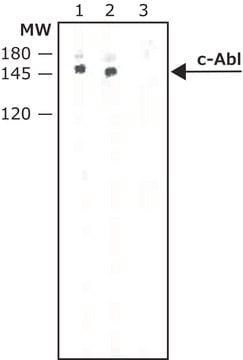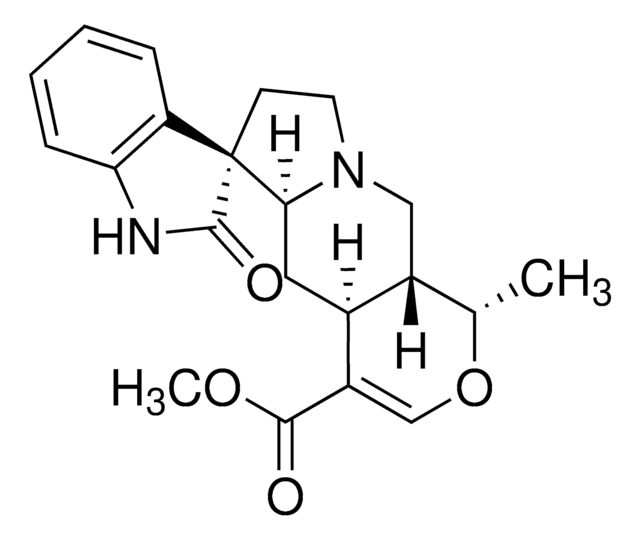487R-9
SMAD4 (MRQ-72) Rabbit Monoclonal Antibody
For In Vitro Diagnostic Use in Select Regions
Sinónimos:
Mothers Against Decapentaplegic Homolog 4 Rabbit Monoclonal Antibody
About This Item
Productos recomendados
biological source
rabbit
Quality Level
antibody product type
primary antibodies
clone
MRQ-72, monoclonal
packaging
vial of 0.1 mL concentrate (487R-94)
vial of 0.1 mL concentrate (487R-94-RUO) Research Use Only
vial of 0.5 mL concentrate (487R-(95)
vial of 1.0 mL (concentrate (487R-96))
vial of 1.0 mL concentrate (487R-96-RUO) Research Use Only
vial of 1.0 mL pre-dilute (487R-97-RUO) Research Use Only
vial of 1.0 mL pre-dilute ready-to-use (487R-97)
vial of 7.0 mL pre-dilute ready-to-use (487R-98)
vial of 7.0 mL pre-dilute ready-to-use (487R-98-RUO) Research Use Only
manufacturer/tradename
Cell Marque™
isotype
IgG
control
pancreas
visualization
cytoplasmic, nuclear
General description
Quality
RUO - MQ100
Physical form
Preparation Note
Note: This requires a keycode which can be found on your packaging or product label.
Other Notes
Legal Information
¿No encuentra el producto adecuado?
Pruebe nuestro Herramienta de selección de productos.
Certificados de análisis (COA)
Busque Certificados de análisis (COA) introduciendo el número de lote del producto. Los números de lote se encuentran en la etiqueta del producto después de las palabras «Lot» o «Batch»
¿Ya tiene este producto?
Encuentre la documentación para los productos que ha comprado recientemente en la Biblioteca de documentos.
Nuestro equipo de científicos tiene experiencia en todas las áreas de investigación: Ciencias de la vida, Ciencia de los materiales, Síntesis química, Cromatografía, Analítica y muchas otras.
Póngase en contacto con el Servicio técnico




